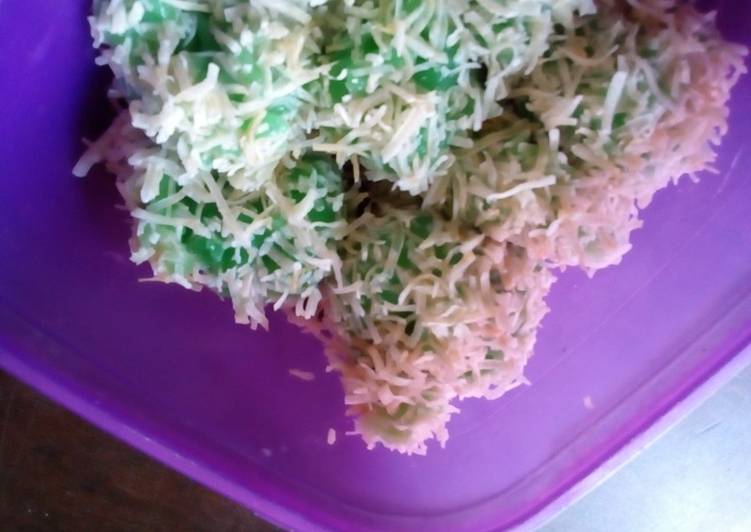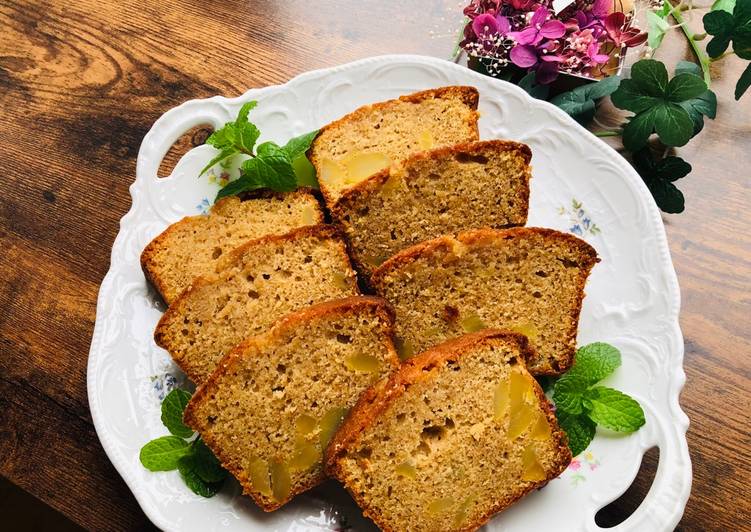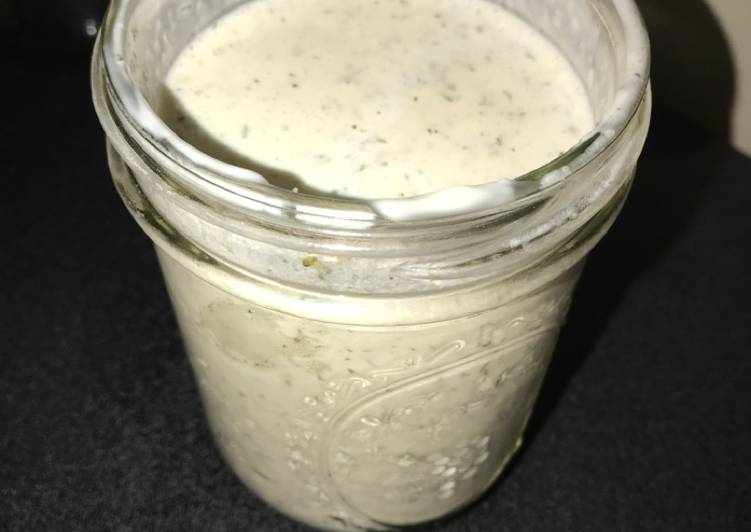
Hey everyone, it is me, Dave, welcome to my recipe page. Today, I will show you a way to prepare a special dish, klepon (glutinous rice balls with palm sugar filling). One of my favorites food recipes. This time, I am going to make it a bit tasty. This is gonna smell and look delicious.
Klepon (glutinous rice balls with palm sugar filling) is one of the most favored of recent trending foods on earth. It’s enjoyed by millions daily. It’s easy, it is quick, it tastes delicious. Klepon (glutinous rice balls with palm sugar filling) is something which I’ve loved my entire life. They’re fine and they look wonderful.
When mixing glutinous flour and water together, pour in water bit by bit while mixing until get the right consistency. Klepon (pronounced Klē-pon), or kelepon, is a traditional Southeast Asian green-coloured balls of rice cake filled with liquid palm sugar and coated in grated coconut, originating from Indonesia. The sweet glutinous rice balls is one of popular Indonesian kue, and it is commonly found in Indonesia.
To begin with this particular recipe, we have to prepare a few components. You can cook klepon (glutinous rice balls with palm sugar filling) using 10 ingredients and 5 steps. Here is how you cook that.
The ingredients needed to make Klepon (glutinous rice balls with palm sugar filling):
- Get 250 g glutinous rice flour
- Make ready 200 ml water for klepon (warm)
- Take Green colouring, better if it's from suji or pandan
- Get Water for boiling
- Take 50 g palm sugar or jaggery, grated
- Prepare 1/2 teaspoon salt
- Get 1/2 teaspoon baking powder
- Make ready Coconut coating
- Get 100 g dessicated coconut
- Prepare 1/4 teaspoon salt
The small pieces of palm sugar initially are hard when inserted into glutinous rice dough and rolled into balls. The balls then are boiled, subsequently One must be careful when consuming a klepon. Besides the possibility that the bite could squirt and eject liquid palm sugar, a freshly boiled one. PagesOtherBrandKitchen/CookingThe Grand SpatulaVideosKlepon (Indonesian Sweet Glutinous Rice Balls) Full Recipe These Indonesian rice balls are prepared with glutinous rice flour shell that is wrapped around a palm sugar filling.
Instructions to make Klepon (glutinous rice balls with palm sugar filling):
- Boil the 200ml water until its warm (can be boiling but wait until it warms first). Put the green colouring.
- Pour them little by little to the flour that has been mixed with baking powder and salt until you can make a ball with them, then stop even if there are leftover water. If it's too liquidy you can add more flour.
- Grate the sugar. Put about half a tablespoon of sugar on a palm-sized flattened batter. Roll them into balls. This should make between 12-18 balls.
- Boil your klepon until they float, then roll into the dessicated coconut so that they don't stick onto each other.
- Enjoy for warm filling, or wait until they cool enough.
The origin of klepon is typically associated with Java, while the same treat is better known as onde-onde or buah melaka in some parts of Sulawesi, Sumatra, and Malaysia. Mix the juice with glutinous rice flour Using a spoon, stir in the pandan-coconut milk juice into a bowl containing the glutinous rice flour. Be sure to stir to stop the balls from sticking to the bottom of the pan. The ondeh-ondeh/klepon is ready once they float to the surface. Onde-onde, ondeh-ondeh or in Indonesia - klepon is a dessert or tea-time snack made out of glutinous rice flour or sweet potato, filled with gula melaka (coconut palm sugar) and coated with grated coconut.
So that’s going to wrap it up with this exceptional food klepon (glutinous rice balls with palm sugar filling) recipe. Thank you very much for your time. I am sure that you can make this at home. There’s gonna be interesting food in home recipes coming up. Don’t forget to bookmark this page in your browser, and share it to your family, friends and colleague. Thanks again for reading. Go on get cooking!

